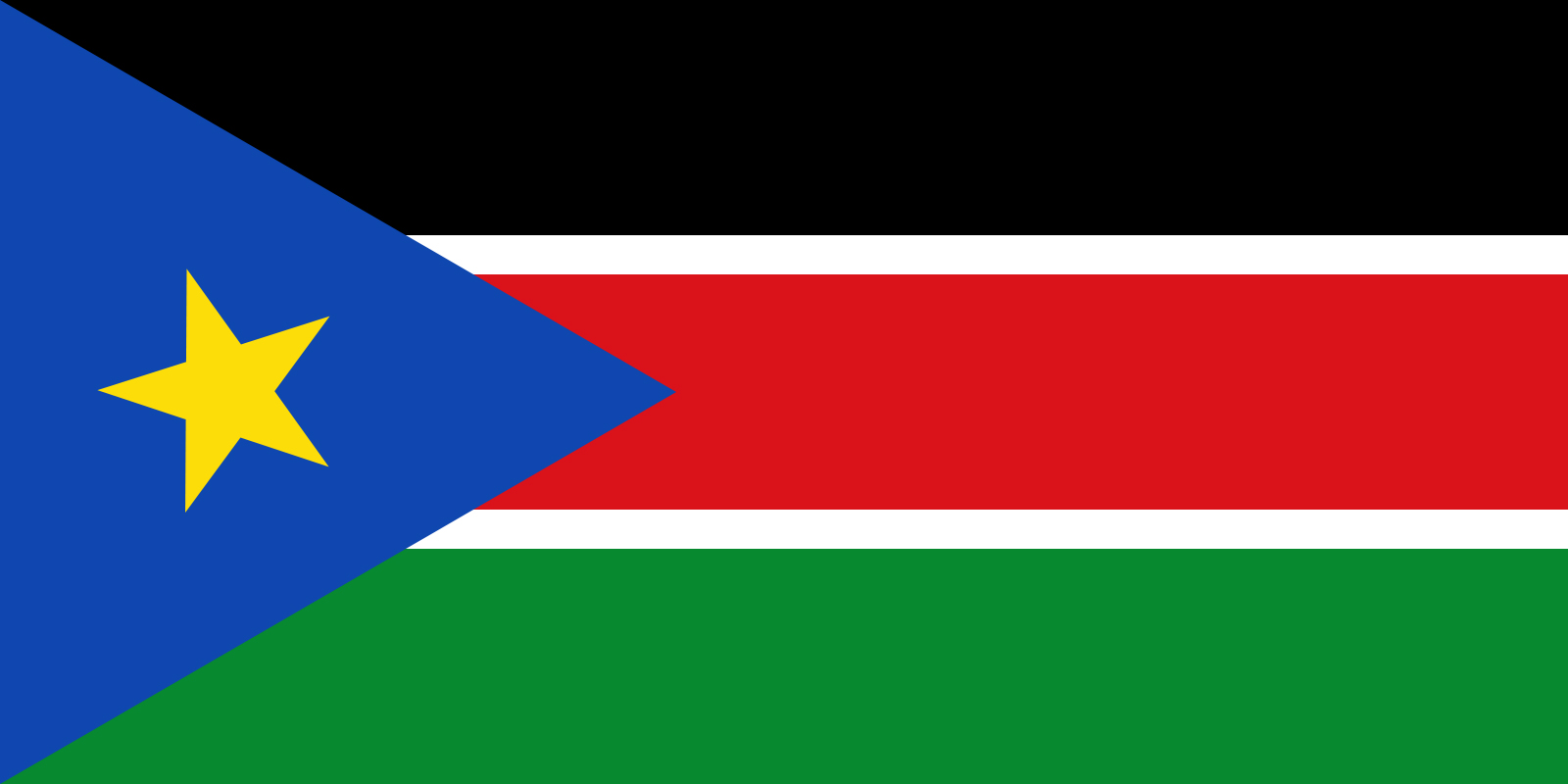Ahead of the UN Human Rights Council’s 52nd session (27 February-4 April 2023), over 90 South Sudanese, African, and international organisations urge states to extend the mandate of the UN Commission on Human Rights in South Sudan (CHRSS).
In a letter, signatory organisations stress that the CHRSS is the only mechanism tasked with collecting and preserving evidence of violations of international law with a view to ensuring accountability in South Sudan. The CHRSS’s work, they add, remains vital as the conditions that prompted the Human Rights Council to establish the CHRSS, in 2016, have not significantly changed to warrant less scrutiny.
“All trends and patterns outlined in a civil society letter released one year ago have worsened,” signatories write. As parties to the 2018 revitalised peace agreement (R-ARCSS) agreed to extend South Sudan’s transitional period by 24 months, but violence and impunity remain pervasive and South Sudanese civil society faces intensifying repression, the signatories urge states to extend the CHRSS’s mandate in full for two years.
They write: “This is not the time to relax the Council’s scrutiny. The mandate of the CHRSS remains critical and should continue until the reasons that led the Council to establish this mechanism have been addressed in a meaningful manner. The CHRSS should remain in place at least for the national elections (scheduled for December 2024) to be held and the end of the transitional period, in February 2025.”

